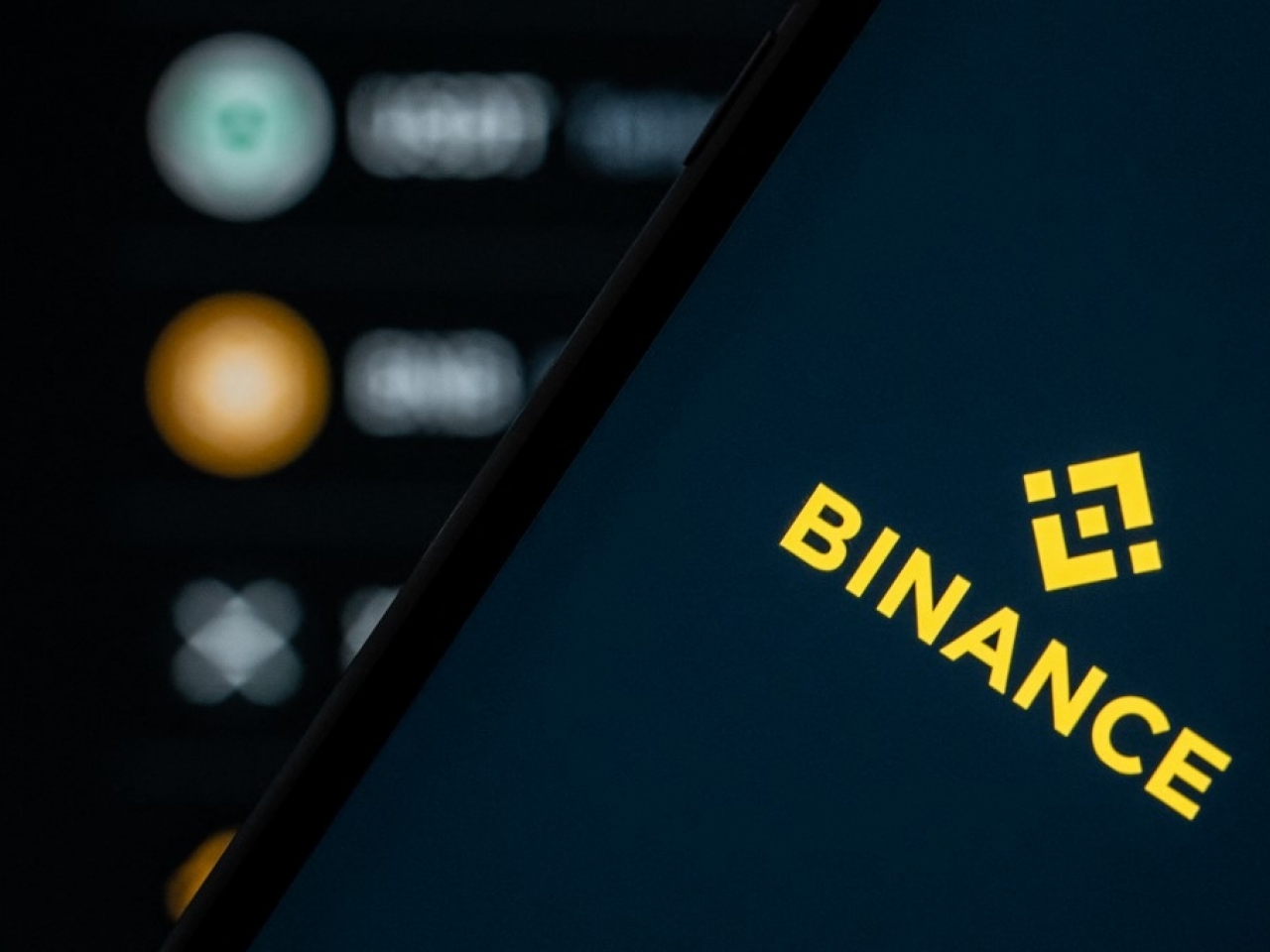India's central bank issued a regulatory sandbox report to support blockchain innovation testing
On April 18th, the Reserve Bank of India (RBI) issued a report announcing its regulatory sandbox provisions. This includes testing various blockchain applications, while cryptocurrency related items are excluded.

(Source: Pixabay )
Regulators around the world, such as the UK Financial Conduct Authority, use sandboxes to help financial technology companies conduct innovative testing of a small number of consumers for a period of time.
- It is not BCH that beats BSV, but the currency security?
- Informed: Bakkt is applying for a license license from the New York financial regulator
- Local maximal paradox: Is the securities pass permit chain not feasible?
Three years ago, the Bank of India began reviewing its framework to better respond to the “fast-growing” financial technology market dynamics. Now, the Bank of India has concluded that the public can try “block-innovative technologies” based on blockchain, which gives the Bank of India an opportunity to assess whether new regulations are needed to protect consumers.
The Reserve Bank of India said that financial technology companies and consumers will also benefit. Blockchain companies do not need expensive promotional expenses when testing product viability, and the public has therefore “reduced costs and improved access to financial services”.
Of course, the report acknowledges that “innovators may lose some flexibility and spend more time because of sandboxing procedures”. Moreover, completing these tests does not mean that no further regulatory approval is required.
The Reserve Bank of India details the list of “innovative technologies” for sandbox testing, including blockchain platforms, mobile payment and digital identity software, data analytics, artificial intelligence or machine learning applications. In addition, industries that meet the "Innovative Products and Services" criteria include retail payments, remittance services, digital understanding of your customer inspections, smart contracts and network security products.
At the same time, cryptocurrency, encrypted exchanges, and ICO are no longer within the sandbox test. In addition, products and services that have been banned by the Indian government or regulatory agencies are not eligible for application.
In April last year, the Reserve Bank of India stated that it would no longer provide services to individuals or businesses engaged in cryptocurrencies. Five months later, as one of the largest crypto exchanges in India, Zebpay announced that it would stop all transactions because the conditions were “extremely difficult”.
The Reserve Bank of India has been considering launching its own digital currency, but plans to postpone it at the beginning of the year. Now, Indian encryption regulation is increasingly uncertain. In February, the Supreme Court asked the Indian authorities to issue regulatory requirements within four weeks, otherwise they would face a court decision.
For the original terms, please see https://rbi.org.in/scripts/PublicationReportDetails.aspx?UrlPage=&ID=920#S1
We will continue to update Blocking; if you have any questions or suggestions, please contact us!
Was this article helpful?
93 out of 132 found this helpful
Related articles
- QKL123 Research Report | DPOS algorithm's leading coin grapefruit, will the market surpass Ethereum?
- Zhejiang Provincial Network Information Office issued implementation opinions, 16 regulations to help blockchain information service management
- A brief history of the pass: a journey from the past to the future
- Hugo and IPFS: How does this blog work (and can immediately scale to a peak of 5000%!)
- Bitcoin has bottomed out, but it takes 22 years to reach new heights, and bank giant UBS analysts come to a conclusion after comparing multiple bubbles.
- Ma Zhitao, deputy governor of Weizhong Bank: For the development of blockchain, compliance is the bottom line, and innovation is the way out.
- Introduction to cryptography and practice – Part2






